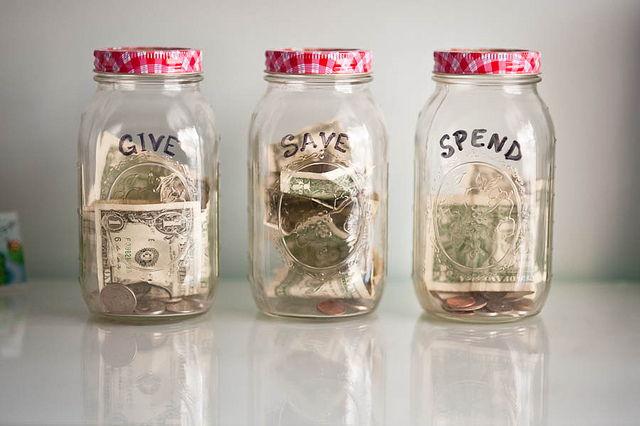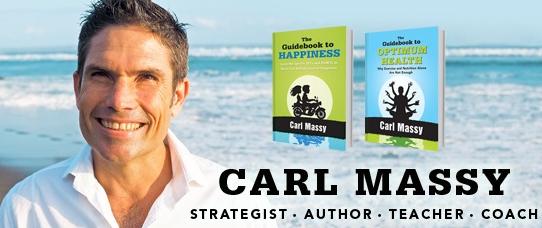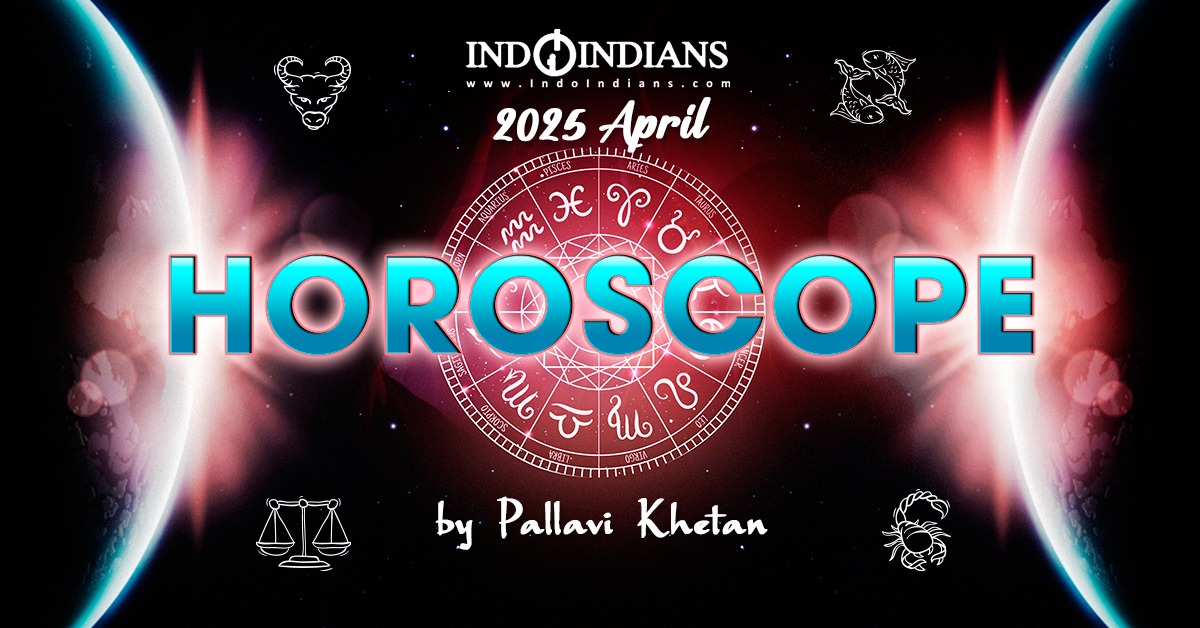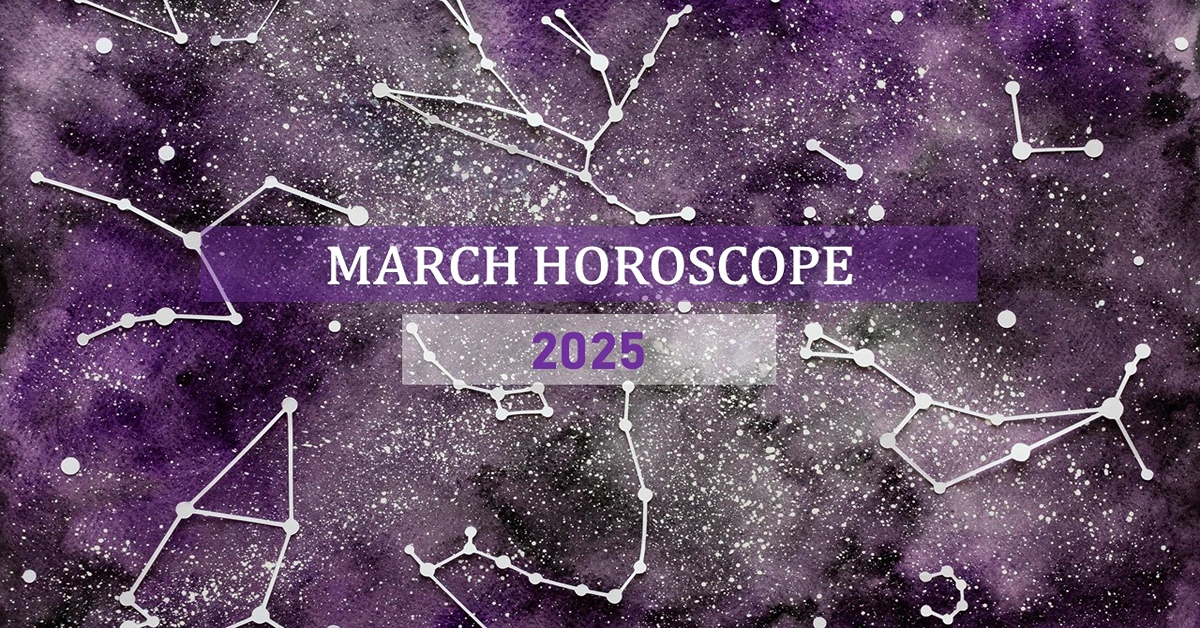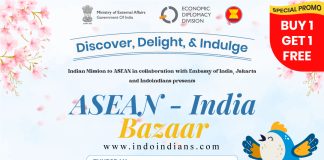by Carl Massy: I have decided to write this article backwards. What the heck does that mean, you may be asking? It is like this. I want to share a very important piece of information for your future Happiness (so you understand it intellectually). Then I will explain in detail the ‘why’ (so you get it emotionally). So here goes.
Now before you think I am telling you to give everything away and head off to the nearest cave, let me assure you, it is about balance. It is also about return on investment (ROI). It is about spending that $100 on something that has the greatest Happiness ROI. In this case, the research tells us, the picnic with friends ($100 for snacks and drinks) will bring you more happiness than the $100 shiny new bracelet. Plus if you want to take it one notch higher, taking photos of the picnic, with friends, will lead to more feelings of happiness well after the event.
So here are 2 reasons why…
1. The adaption principle
Apparently, we are all very good at adapting to new circumstances, be they ‘positive’ or ‘negative’. For instance, I woke up with a really sore neck 2 mornings ago. Very bothersome and rather painful whenever I turned my head. But because the show must go on, within a day, I have pretty much adapted to the discomfort and devised a way to work around it – which unfortunately has me looking like the tin man off Wizard of Oz! This same adaption applies equally to someone who becomes a paraplegic or the person who wins the lotto. Their happiness goes up or down for a period of time (our brains are more lit up by the degree of change), but through adaption over time, their happiness returns to a level pretty close to where they were before.
The same applies when we buy something new. Be it a new car, house, watch, cocktail dress, or Dolce & Gabbana jeans. We are excited, intrigued, feel good about ourselves and you could say ‘happy’, but after a period of time (which can be pretty short lived) the high positive feelings fade away. We (and our brains) adapt to the new thing, and therefore it does not light us up anymore or cause those internal chemical highs we once felt. And the fix is generally that we have to go back to the shop for some more stuff.
2. Connection and social value
In most of the literature on happiness, there are few external conditions that truly make a big difference to our levels of happiness. But there is one that does come up often and is actually considered to be a basic human need – connection with others. Tony Robbins suggested that the quality of our relationships, determines the quality of our lives. And it turns out good relationships make people happy and happy people have more and better relationships than unhappy people.
Therefore, getting back to our ‘experience = more happiness’ statement, it may be that the experience (as opposed to the bling) has great social value for us by allowing us to connect directly with other people. And this connection factor may also apply if we are travelling by ourselves on a vacation, but connecting with nature, or a beautiful sunset. And like I suggested before, by taking photographs of those experiences, you can relive the experience and the emotions of the experience, to enhance your happiness months or years after the event.
The brain and experience
When we have an experience, that involves different and new stimuli, we not only are likely to have those positive brain chemicals doing the happiness dance, we also have the possibility that we will cause an actual lasting effect on the brain. I teach in the Happiness Class: knowledge + experience = wisdom; where wisdom is actually a change in the brain, or a new neural network, which can lead to better future choices. The material possession has very little ability to generate wisdom or long-term changes to the brain.
So what is the take-away?
Jonathan Haidt, the author of The Happiness Hypothesis says, “Stop wasting your money on conspicuous consumption. As a first step, work less, earn less, accumulate less, and ‘consume’ more family time, vacations and other enjoyable activities.” He is definitely not mincing his words here. Let me be a little more liberal.
My take is this:
| 1. |
Only buy stuff that you really really ‘need’ (Good for you. Good for the environment).
|
| 2. |
Know intellectually that ‘stuff ‘may make you feel happy in the short-term, but will fade over time. And perhaps the majority of feeling good was actually you working towards the goal of buying the thing.
|
| 3. |
Buying stuff for social comparison (keeping up with the Joneses) leads to unhappiness. Buy for need, not for show.
|
| 4. |
Consider earning less if it gives you more free time.
|
| 5. |
Use that free time to work on personal growth; relationships or contribution and your happiness and health will go up.
|
| 6. |
Do a ‘stuff cleanse’ on a regular basis. This is very liberating and gets even better if you give some, or all, of your excess stuff away to charity.
|
| 7. |
I am a huge fan of healthy, fun, learning and growth getaways.
|
| 8. |
Travel more. Adventure more. See and learn more. I have spent the majority of my savings over the years on travel, as opposed to things and I am pretty sure I am happier for it! Off to Cambodia in 2 weeks!!
|

